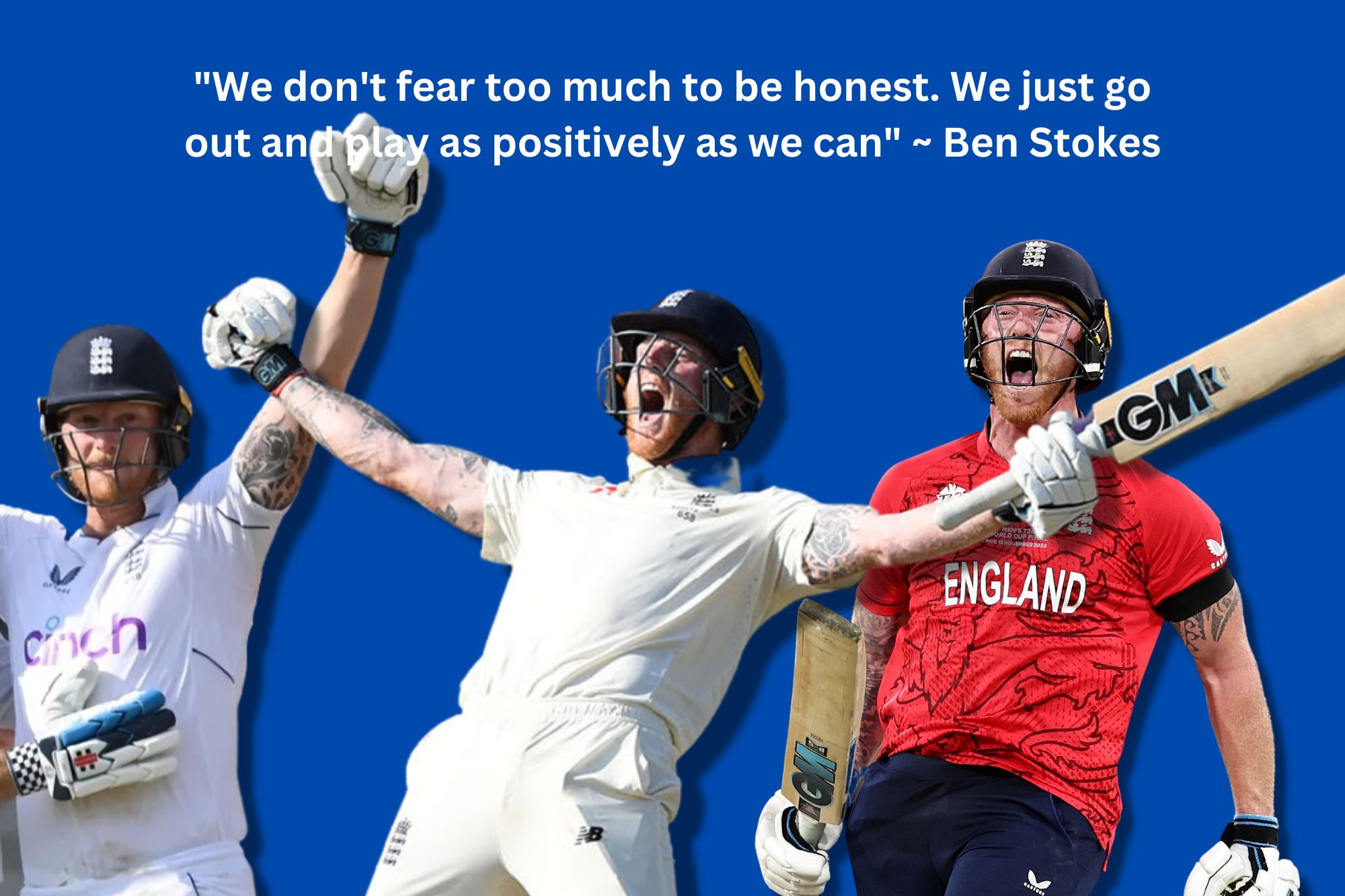
I attended a public lecture from Dr Paul Arthur last week, on the topic of ‘the Tyranny of Digital‘.
Dr Arthur, you may imagine from his lecture title, is not a fan of digital. Well, he kinda is, but he was there to warn us of the perils we are ‘sleep walking’ towards.
Talking Points
We are now living, as one writer puts it, a “liquid life” – which is disorientating our normal life practices.
Human knowledge is doubling every 14 months. In 1950s it was doubling every 50 years. In the future it could be doubling every day.
On an average day, humans generate trillion billion bytes of data. We’ve created a fertile environment of data for Google and others to trawl. For many years companies have been thinking ‘how can we collect as much data as possible, and work out later how to use it?’
We reach for our phone an average of 221 times a day; every 4.5 minutes. We’re device people now.
The Desktop PCs entered businesses and home in 1980s. They were not communication devices. This happened in 1990s, with the WWW and email.
Since 2010, computer power has been within reach of almost everyone. We’re constantly connected. We feel uncomfortable when devices are out of reach. 4B are now connected to the internet. 6B mobile phones are connected.
By 2025, most of world’s 8B population will be online. And this is already dwarfed by the 30B connected devices.
In April 2018, Facebook had 2.2B monthly active users (1/3rd world’s pop); Youtube & Whatsapp 1.5B each.
The recent #metoo movement has shown how a 2-way interactive group can create immense power over people who used to wield it.
The private has gone public. Every click or touch adds to it. We have a digital version of ourselves, separate from our true selves. ‘Everybody Lies’ – new book by Seth Stephens-Davidowitz – details this phenomenon.
It’s not all bad. Online areas can be safe, and allow people to express themselves and get help. We are instantly in touch with information that hitherto was hard to acquire.
Our internet experience is unique to us, tailored to what we have done before. This can entrap us in an internet of our own making, in a ‘filter bubble’.
“We’re sleepwalking towards a world run by algorithms, and we should be very afraid.” (‘Homo Deus’ by Harari).
Mass connectivity that promised greater understanding, now allows us to get whatever information we want, and can amplify our prejudices.
The Dark Web is ~500 times the size of surface web. Accessible to those with specific codes, software and permissions, invisible content from Google.
Can we create a private space, where we are not watched? Do we want to?
My Thoughts
OK, I get that in the information age, information has exploded. We create and consume lots of it. But aren’t we all in control of what we put online, when we go online, what we consume? Mostly.
Could we stop tomorrow, or at least temper what we post? I reckon I have done the latter, especially on Facebook.
My feeling listening to the good Doctor was that the audience (mostly middle aged) tut-tutted their way through all his facts and figures, almost bemoaning a ‘simpler age’ we have well and truly left behind.
Yet this is the same generation of people who now totally rely on the internet, and willingly use its power, while wailing against the idiosyncrasies of a younger generation who have known nothing else.
Are the kids and twenty somethings really all that bothered by their devices? They are digital natives and these things come naturally to them. Yes, they need protection and perspective, but the power they can now wield is immense, which can be used for good as well as evil.
Teenagers may reach for Snapchat and communicate that way, rather than talking, but teenagers have always been poor at expressing themselves. Middle aged fogies have been wailing against that one since the Roman times, and no doubt before.
Despite the recent ruckus over Cambridge Analytica and our data, I reckon most of this tech power is used for good.
Connecting. Checking in. Saying hi. Feeling a part of a group. Organising trips and parties. Who is seeing who when. Investigating places and products before purchase. Research and understanding. Producing and publishing. Laughing and entertaining. Expanding one’s brain. Communicating.
We can still remain human. Do human things. Be human. We’re just a bit more connected to everything, and all knowledge. That’s a good thing right?



